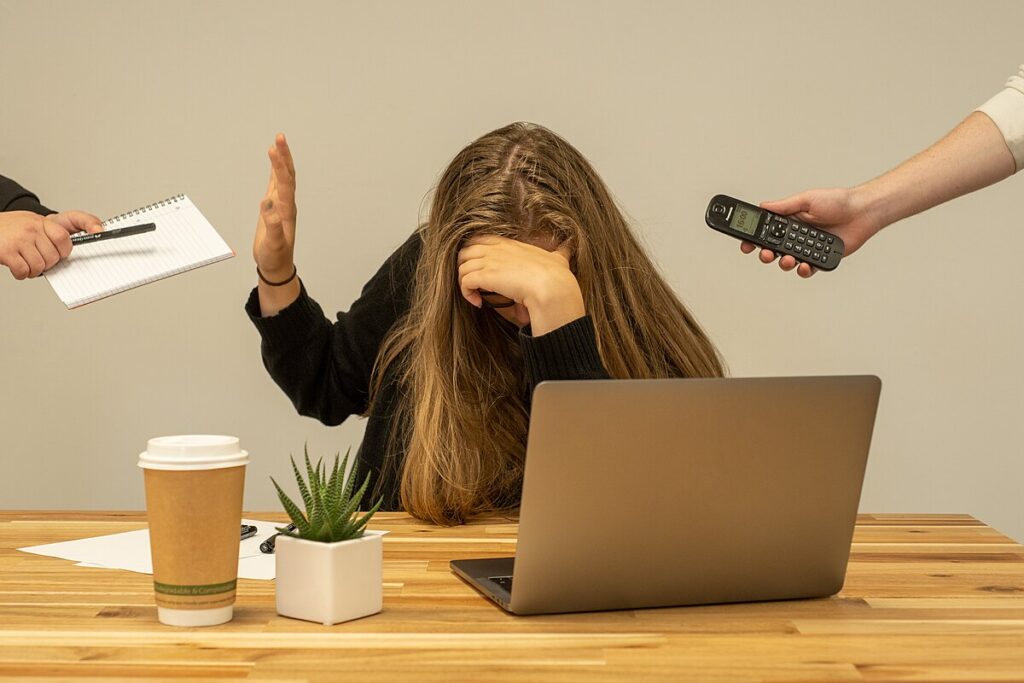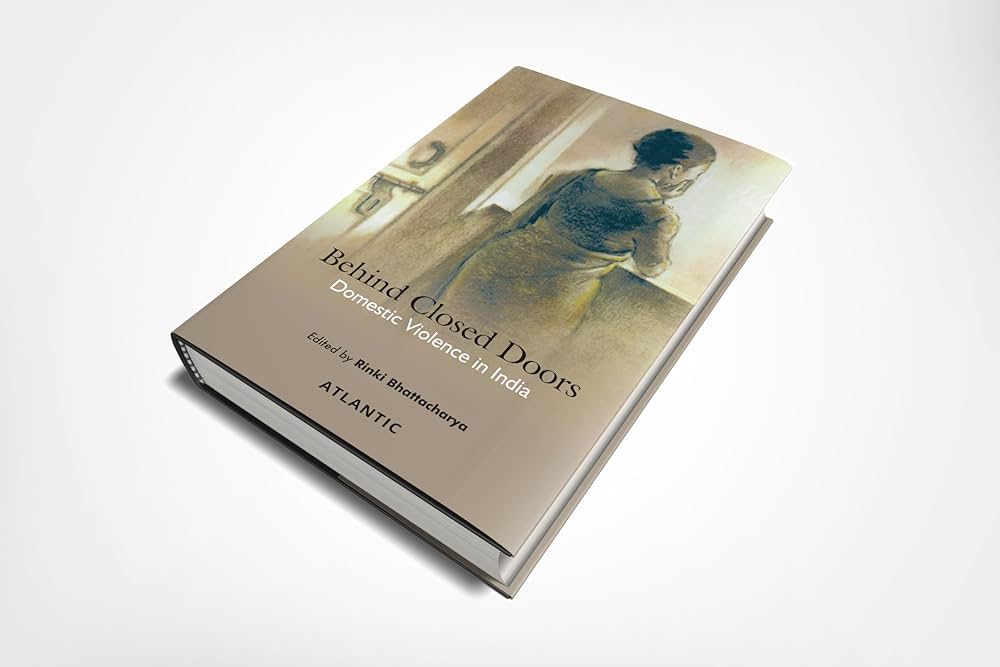Now Reading: Could You Go 24 Hours Without Your Phone? Here’s Why It Might Be Worth Trying
-
01
Could You Go 24 Hours Without Your Phone? Here’s Why It Might Be Worth Trying
Could You Go 24 Hours Without Your Phone? Here’s Why It Might Be Worth Trying

Ask yourself: when was the last time you truly disconnected? No WhatsApp, no scrolling, no notifications buzzing every few minutes. For most of us, the answer is probably “I can’t remember.” Going a full day without a phone sounds impossible, but this challenge is raising bigger questions about how deeply our lives revolve around screens.
The Constant Connection Trap
Smartphones were supposed to make life easier. And in many ways, they did. But now, many of us can’t eat, sleep, or even walk without checking our phones. It’s no longer just a tool — it’s become a crutch. From work emails to doomscrolling before bed, our screen time is eating into focus, relationships, and mental health.
What Happens When You Unplug
Some people who tried a 24-hour digital detox say it felt like withdrawal at first. You reach for your phone out of habit. Silence feels uncomfortable. But slowly, you start noticing the little things: a longer conversation with family, deeper focus, better sleep. Even food tastes different when you’re not watching a reel while eating it.
Why It’s Harder in Tier 2 Cities Too
You’d think smaller cities might offer more peace. But Tier 2 towns are no exception. With rising access to cheap data and smartphones, people here are also glued to screens. Whether it’s business on WhatsApp, bingeing content, or staying in social loops — being offline even for a few hours feels like missing out.
What This Really Says About Us
The discomfort of being without a phone isn’t just about tech addiction. It’s about how deeply we fear stillness. Phones distract us from stress, loneliness, and boredom. But if we never pause, when do we reflect? When do we reset?
Conclusion
Going 24 hours without a phone isn’t about rejecting technology. It’s about testing control. Who’s in charge — you or the screen? If you haven’t tried it yet, maybe it’s time. Not for the trend, but to hear your own thoughts again.

























